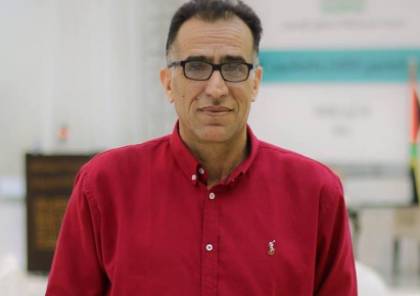State at Its Penultimate Stage
Al-Khamisa News Network - Gaza

Author: Nabil Amr
Monday, Sept. 22, 2025, will be recorded in history as a pivotal day — the end of a long denial by influential states, notably Western countries, and a belated recognition of an obvious right: a people who have been denied the exercise of self-determination and the establishment of their independent state on their land, as other peoples have.
It is truly a historic day, and what comes after it will not be the same as what came before, because it marks the beginning of a difficult birth. Even if near-universal international resolutions are issued concerning the new state, the opponents of its birth, though fewer in number than its supporters, possess substantial capacities to obstruct — capacities that should not be underestimated, even if they fall short of determining fate.
Israel still has a large domestic majority opposed to the principle of a Palestinian state, regardless of the assurances the newborn state or the world may offer that it will pose no security or existential threat to the Israeli state.
The United States is divided on the matter. While it does not deny, in principle, the Palestinians’ right to a state — even if an imperfect one — and regards preemptive recognitions as unnecessary and ineffective, it has, so long as the Republicans and Trump in particular are influential in its administration, aligned itself with Israeli rejection. There may be differences in language and justification, but both sides agree on impediment.
The Palestinians understand the importance of recognitions, especially new ones, but they will not rest on these laurels. They will continue their struggle with their brothers and with all who believe in the justice of their cause, moving beyond preemptive recognitions to a deliberate, practical and effective effort to establish their state on its land.
The positive indicators promised by this historic day are strong and substantive and deserve to be built upon. The Western world, which refused to acknowledge the Palestinian right for three quarters of a century, has recognized only now that the Middle East — the region most important to and affecting it across security, economic, political and moral dimensions — cannot be set right except by the establishment of a Palestinian state, not merely by recognizing it on paper.
Despite the importance of recognitions, especially new ones, bringing the state into existence on the ground is not the task of the world alone. It is the Palestinians’ task first, the task of the Arab and Islamic worlds second, and the task of those who have already recognized it third.
The Palestinian task in this phase of confirming and consolidating statehood requires putting the Palestinian house in order so it is fit to transition from an authority lacking influence, sovereignty and dignity into a genuine state with the characteristics and capacities of a state. If this task is not carried out comprehensively, we will discover that all the recognitions mean little if they remain deprived of the Palestinians’ competent fulfillment of their requirements.
It is indeed a historic day, but its true value and utility will be determined by the Palestinian work that follows first, Arab and regional work second, and international work third. This day — which embodied the rebirth of the Palestinian truth after a long international denial — deserves to be described as the penultimate stop on the train toward statehood. If it is not properly served, nothing prevents the train from remaining at this station for a long time, and the political achievement may erode even if it is historic.
It is a day worth celebrating, but it requires more than celebration: a great effort that we must undertake.



